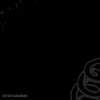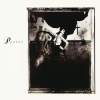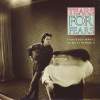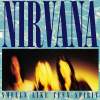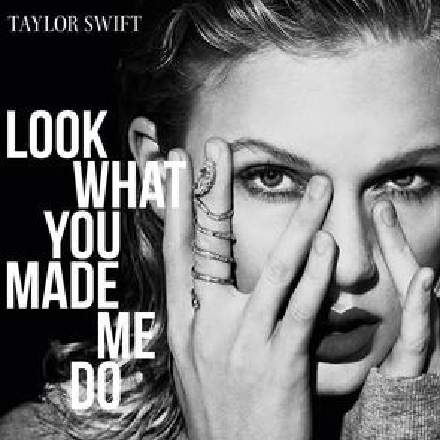
One of the things I immediately liked about this production is that it inverts the long-term dynamics archetype that most pop songs are built around: namely, that the verses start relatively stripped back in arrangement terms, and then ramp up into a relatively full-sounding chorus, the idea being that the chorus payoff aligns with the arrangement payoff. Here, though, the chorus is about as minimal as you can get, with just the spoken vocal hook and a spartan drum beat. Its impact is built not on textural thickness, but shock value and ‘upfrontness’. But what makes this particular subversion special is that the arrangement gives all the signs of being more stereotypical, with a pared-down verse leading to a pre-chorus build that still seems to be leaving plenty of room for a big chorus payoff; when the chorus turns out to be so sparse, the emptiness is all the more startling.
Comparing the different choruses reveals another thought-provoking detail: choruses one and three have a very dry-sounding lead vocal, whereas choruses two and four give Taylor quite a strong, short room ambience. As the third and fourth choruses constitute the song’s final double-chorus, this makes a lot of sense in terms of opening out the sound for the finale, and likewise the idea of a second chorus offering a more expansive sound than the first is no big news. It’s just that most of the time producers pull off those kinds of section contrasts with added instrument or vocal layers, rather than with such a characteristic lead-vocal ambience, and I can’t recall having heard the clear odd/even connection as noticeably in any other recent production.
There’s a nice lyrical trick in the choruses too, adding the word “just” to the third and fourth iterations of “look what you made me do” to syncopate the speech stress patterns — a great example of getting more repeats out of a hook without tedium, simply by subtly shifting the context. Reminds me of a previous hit of hers, in fact: 'We Are Never Ever Getting Back Together' pulls a similar stunt with its extra “ever”.






